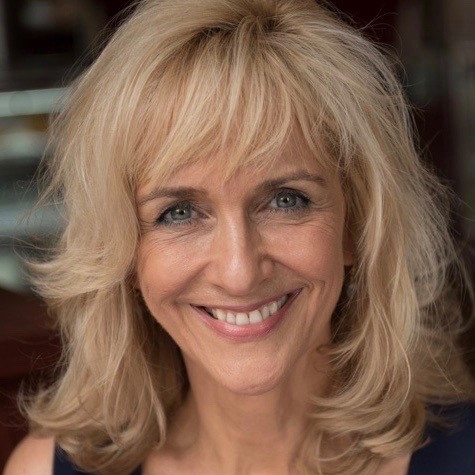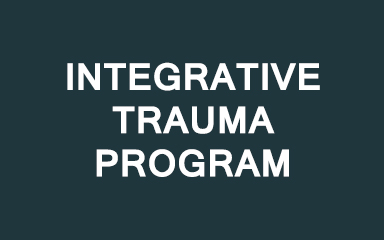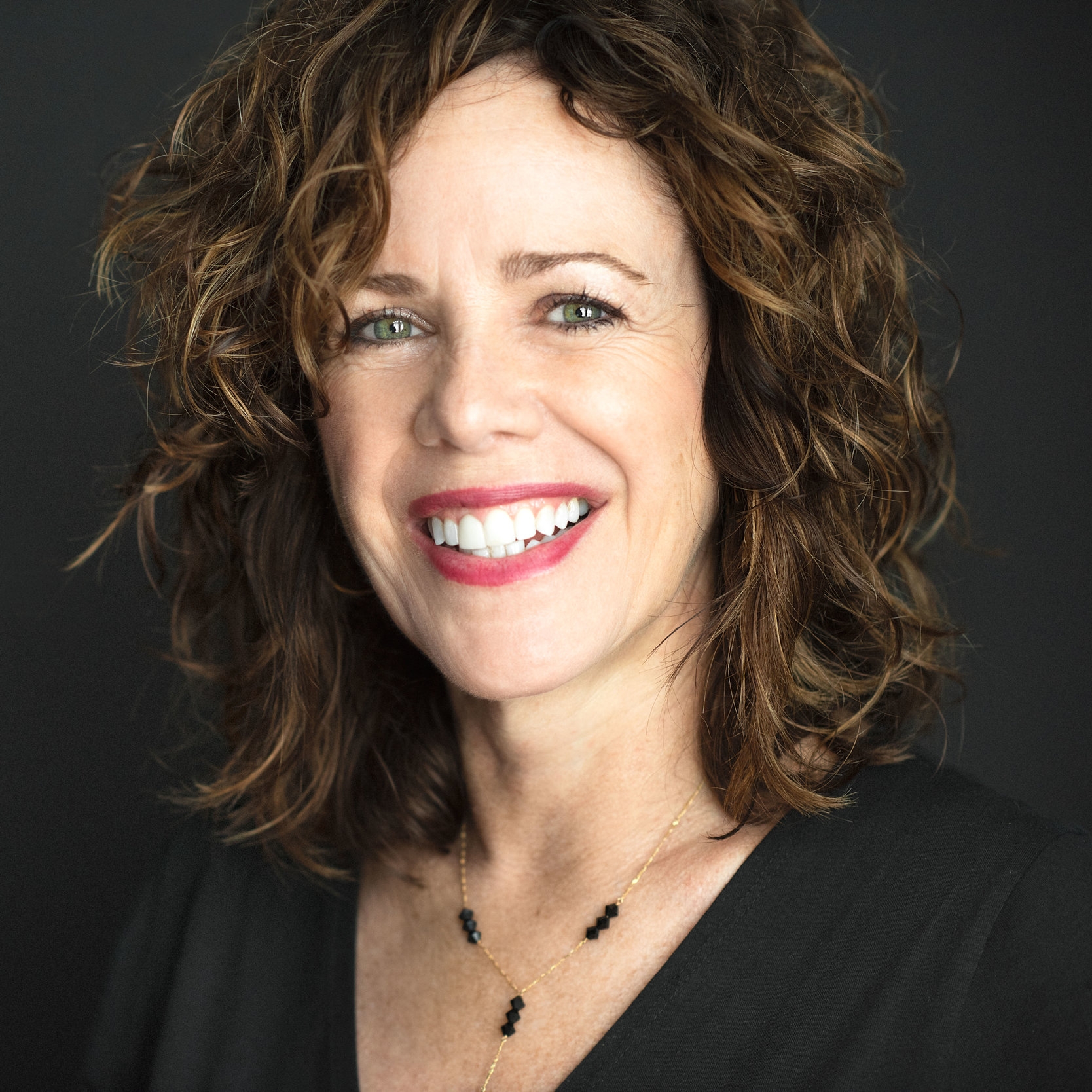Reconsidering the Erotic in the Analytic Encounter
March 9, 2019, 9:00am - 4:00pm
Presented by:
Andrea Celenza, PhD
Steven Cooper, PhD
Janine de Peyer, LCSW
Steven Kuchuck, DSW
Reconsidering the Erotic in the Analytic Encounter
Kimmel Center for University Life
60 Washington Square S
New York, NY 10012
Exploring the erotic can present tricky challenges and rich opportunities for the psychoanalytic couple. Historically, erotic feelings have often been considered as expressive of the patient’s infantile needs and conflicts and linked interpretively to the maternal transference and unresolved oedipal issues. In recent years, attempts have been made to theorize a place for adult sexuality within a two person model. Attention has turned to the analyst’ use of her subjectivity, the complexities of self-disclosure, the hazards of traumatic repetition and the possibilities of reparation and growth. Concurrent with these developments within our field, the advent of the “me too movement” has created a sea change in broader social attitudes towards gender, power and sex.
The NIP 2019 Conference will feature a distinguished panel of speakers including Andrea Celenza, Steven Cooper, Janine De Peyer, and Steven Kuchuk who will explore their theoretical and clinical views on the erotic. How have sociopolitical shifts impacted their perspectives as analysts? How do age, gender and power play into erotic explorations in the consulting room and in our institutes and supervisory relationships? How do we keep the therapeutic process mutual, asymmetric, and analytic when passion is in the air and our society is on heightened alert? These are some of the questions we will consider as we explore the erotic in contemporary psychoanalysis.
After completing the conference, attendees will:
1. Understand the way gender, power, and sexuality can influence the analytic conversation on the erotic.
2. Understand and be able to apply a broad range of psychoanalytic perspectives on working with the erotic in the transference/countertransference.
3. Become attuned to the way current cultural and social movements such as “me too” may influence the analytic process.
4. Become better able to work with erotic experiences and power dynamics in supervisory, teaching and institutional settings.
Andrea Celenza, PhD is a Training and Supervising Analyst at the Boston Psychoanalytic Society and Institute, Assistant Clinical Professor at Harvard Medical School. Dr. Celenza is the recipient of several awards and has authored two books. Sexual Boundary Violations: Therapeutic, Supervisory and Academic Contexts, was published by Jason Aronson in 2007. Her new book, Erotic Revelations: Clinical Applications and Perverse Scenarios is published by Routledge. She is in private practice in Lexington, Massachusetts, USA.
Steven Cooper, PhD is a Training and Supervising Analyst, The Boston Psychoanalytic Society and Institute and an Associate Professor of Psychiatry, Harvard Medical School. He is Chief Editor Emeritus of Psychoanalytic Dialogues. He is the author of three books, most recently: The Analyst's Experience of the Depressive Position: The Melancholic Errand of Psychoanalysis. Most recently in 2018 he will give two keynotes, one to the American Psychoanalytic Association and the other for the Centenary celebration of the International Journal of Psychoanalysis.
Janine de Peyer, LCSW is Faculty and a Supervisor at the National Institute for the Psychotherapies, and the Stephen Mitchell Relational Study Center where she teaches about clinical process and transference-countertransference dynamics. Janine is Associate Editor with Psychoanalytic Dialogues, has presented internationally, and published on dissociation, unconscious communication, and the uncanny. Janine’s recent articles include Uncanny Communication and the Porous Mind, (2016, Psychoanalytic Dialogues), Byron-Beguiled, (2017, Psychoanalytic Perspectives), and Traversing the Ineffable: Commentary on Sharon Farber’s “Becoming a Telepathic Tuning Fork” (2017, Psychoanalytic Dialogues). Janine is in private practice in Manhattan, integrating EMDR and creative visualization within a relational psychoanalytic framework.
Steven Kuchuck, DSW is Editor-in-Chief of the journal Psychoanalytic Perspectives, Co-Editor; Routledge Relational Perspectives Book Series, President of the International Association for Relational Psychoanalysis and Psychotherapy (IARPP) and Board Member, supervisor, faculty, Co-Director of Curriculum for the psychoanalytic training program at NIP, and faculty/supervisor at the NIP National Training Program, Stephen Mitchell Relational Study Center, the Institute for Relational Psychoanalysis of Philadelphia and other institutes. Dr. Kuchuck lectures nationally and internationally and his teaching and writing focus primarily on the clinical impact of the therapist’s subjectivity. In 2015 and 2016 he won the Gradiva Award for best psychoanalytic book: Clinical Implications of the Psychoanalyst’s Life Experience: When the Personal Becomes Professional and The Legacy of Sandor Ferenczi: From Ghost to Ancestor (co-edited with Adrienne Harris). His clinical and supervisory practice is in Manhattan and he also offers individual and group consultation online.
Continuing Education
This event is approved for 4.5 CE contact hours for psychologists, social workers, and licensed psychoanalysts:
The National Institute for the Psychotherapies is approved by the American Psychological Association to offer continuing education credits for psychologists. The National Institute for the Psychotherapies maintains responsibility for this program and its content.
The National Institute for the Psychotherapies is recognized by the New York State Education Department's State Board for Social Work as an approved provider of continuing education for licensed social workers #SW-0018.
The National Institute for the Psychotherapies is recognized by the New York State Education Department's State Board for Mental Health Practitioners as an approved provider of continuing education for licensed psychoanalysts #Psyan-0004.
Personalized CE certificates will be distributed at the end of this event. Due to New York State requirements, persons arriving more than 15 minutes late or leaving more than 15 minutes early will not receive a CE certificate.
Fees
Early Registration (ends February 15, 2019)
$150 General Public
$100 NIPPA Members
$75 Candidates & Students
$60 NIP Candidates
General Registration (begins February 16, 2019)
$175 General Public
$125 NIPPA Members
$100 Candidates & Students
$85 NIP Candidates
Refunds, & Cancellation Policy
Cancellation requests made more than a week prior to the event will be given a full refund of registration fees. Refunds will not be granted for cancellation requests made within a week of the event or for no-shows on the day of the event.
Scaffolding Trauma Treatment
Thursday, March 14, 2019
7:00pm - 9:00pm
Presented by:
Heather Ferguson, LCSW &
Patricia Tidwell, PhD, LCSW
Scaffolding Trauma Treatment: Collaboration between Psychoanalysis and EMDR
The National Institute for the Psychotherapies
250 West 57th Street, Suite 501
New York, NY 10107
Psychotherapists often urge patients to express their experience in words. For some, the requirement for verbal expression may limit accessing and/or processing important preverbal or traumatic material. This can lead to impasse and even potentially failed treatment. Sometimes what may be helpful is the addition of a modality that is practiced by another clinician.
In this presentation we share our experience of a two-year collaboration that successfully moved treatment ahead. The combination of psychoanalysis with adjunctive EMDR facilitated a new way to process previously dissociated feelings, leading to the lifting of an impasse. In addition to discussing how the cases evolved, we will share our experiences of working in collaboration.
Learning Objectives:
Participants will understand and recognize 3 clinical indications that adjunctive experiential therapy (EMDR) is warranted/should be considered.
Participants will understand and name 3 ways in which psychoanalytic psychotherapy and EMDR are different.
Participants will be able to identify 3 benefits of the collaboration between traditional “talk” therapy and EMDR in working with PTSD.
Presenter Bio
Heather Ferguson, LCSW is faculty and supervisor at the Institute for the Psychoanalytic Study of Subjectivity, the National Institute for the Psychotherapies, the Manhattan Institute, and the Institute for Expressive Analysis. She is an Associate Editor of Psychoanalysis, Self and Context, and presents on a range of topics related to embodiment, eating disorder treatment, and the analyst’s countertransference dreams. She has a private practice in NYC.
Patricia Tidwell PhD, LCSW is currently faculty at ICP and faculty and supervisor at IEA. She has presented on women’s sense of agency around money, fertility and motherhood at national and international psychoanalytic conferences. An EMDRIA-certified practitioner and consultant in training, Trish maintains an integrative psychotherapy, EMDR, and supervision practice in New York. She leads workshops and discussion groups for women around personal development.
Continuing Education
This event is approved for 2.0 CE contact hours for psychologists, social workers, and licensed psychoanalysts:
The National Institute for the Psychotherapies is approved by the American Psychological Association to offer continuing education credits for psychologists. The National Institute for the Psychotherapies maintains responsibility for this program and its content.
The National Institute for the Psychotherapies is recognized by the New York State Education Department's State Board for Social Work as an approved provider of continuing education for licensed social workers #SW-0018.
The National Institute for the Psychotherapies is recognized by the New York State Education Department's State Board for Mental Health Practitioners as an approved provider of continuing education for licensed psychoanalysts #Psyan-0004.
Personalized CE certificates will be distributed at the end of this event. Due to New York State requirements, persons arriving more than 15 minutes late or leaving more than 15 minutes early will not receive a CE certificate.
Fees
$50 General Public
$40 Candidates & Students
$10 NIP Candidates
Refunds, & Cancellation Policy
Cancellation requests made more than a week prior to the event will be given a full refund of registration fees. Refunds will not be granted for cancellation requests made within a week of the event or for no-shows on the day of the event.
Dialectical Behavior Therapy for Analytic Therapists
Mondays, March 18, 2019 to May 13, 2019 at 1:00 pm – 2:50 pm
Dialectical Behavior Therapy for Analytic Therapists
The National Institute for the Psychotherapies
250 West 57th Street, Suite 501
New York, NY 10107
This course will introduce foundational theoretical and clinical elements of DBT. We will focus on learning to use DBT clinically and on how to integrate it into psychodynamic and psychoanalytic treatment. We will also explore overlaps between DBT and Relational thinking as well as ways that these two quite different approaches to clinical work complement each other.
We will learn ways of thinking about patients and clinical strategies drawn from DBT that while outside the usual boundaries of psychoanalytic work can greatly enhance therapeutic action. Among these are self-regulation skills, mindfulness, DBT validation and dialectical strategies and the incorporation into treatment of ideas from Buddhism. We will additionally consider how to integrate DBT -related clinical structure into psychoanalytic work. Our clinical focus will be both on the self-injuring and suicidal patients for whom DBT was originally designed, and on patients suffering with anxiety, depression, trauma, substance abuse, and difficulties with impulse control..
In class we will learn DBT techniques, discuss clinical cases and learn ways to move seamlessly between DBT and psychodynamic work. We will consider cases both from the instructors practice and from seminar participants’ clinical work. Additionally, there will be an experiential component to the class, as we practice mindfulness and other DBT skills together.
The readings are drawn from the standard texts in DBT, clinical papers on integration, and some psychoanalytic papers that can expand understanding of the overlaps between the two approaches . Authors to be read include Linehan, Koerner, Levy , and Lyons.
This course can be taken as a stand-alone course, or as a required part of NIP’s Certificate Program in Psychotherapy Integration. The course will be taught at NIP in eight seminar-style classes, each lasting one hour and fifty minutes. Class meetings are held on Mondays, March 18,25; April 1,8,15,,22,29; May 13 from 1:00 to 2:50 pm.
Students will be charged $600.
This class is approved for 14.0 CE contact hours for psychologists, social workers, and licensed psychoanalysts.
Learning Objectives
The learning objectives include:
Understand the basic tenets DBT and how they overlap with and differ from the basic tenets of psychoanalysis.
Learn to use a variety of DBT techniques, including distress tolerance skills, validation skills, and Mindfulness skills that target specific difficulties, including anxiety, depression, and impulse control.
Demonstrate skill in identifying when and how to integrate DBT techniques into psychoanalytic practice.
Lisa Lyons, Ph. D. is on the faculties of the Stephen Mitchell Relational Studies Center, the NIP Four Year Psychoanalytic Program and Program in Integrative Psychotherapy, and the ICP Four Year program. She has published and presented on Integrating Relational Psychoanalysis and Dialectical Behavior Therapy, the Intergenerational Transmission of Trauma, Analytic Love, and Psychoanalysis and Culture. She was trained in DBT by Dr. Marsha Linehan, and for six years directed the DBT program at Montefiore Medical Center. She is in private practice in New York and Teaneck, New Jersey.
Continuing Education
This event is approved for 14.0 CE contact hours for psychologists, social workers, and licensed psychoanalysts:
In order to receive CE credits, you cannot arrive more than 15 minutes late to each session or leave 15 minutes to each session. If you miss one session, you will receive partial credit at the discretion of the instructor. No credits will be given if more than one session is missed.
This live in-person course is approved for CE credits for Pscyhologists, Psychoanalysts, LMSWs and LCSWs. This course in not approved for LMHCs.
The National Institute for the Psychotherapies is approved by the American Psychological Association to offer continuing education credits for psychologists. The National Institute for the Psychotherapies maintains responsibility for this program and its content.
The National Institute for the Psychotherapies is recognized by the New York State Education Department's State Board for Social Work as an approved provider of continuing education for licensed social workers #SW-0018.
The National Institute for the Psychotherapies is recognized by the New York State Education Department's State Board for Mental Health Practitioners as an approved provider of continuing education for licensed psychoanalysts #Psyan-0004.
Refunds, & Cancellation Policy
No refunds for partial attendance. Refunds will be given up to a week prior to the first session.
Psychoanalytic Perspectives Presents…
Saturday, March 23, 2019, 10:00 am – 3:00 pm
Presented by:
TBA
Psychoanalytic Perspectives Presents…
The National Institute for the Psychotherapies
250 West 57th Street, Suite 501
New York, NY 10107
Registration Link coming soon
The Advanced Continuing Education Series is proud to announce an event in coordination with Psychoanalytic Perspectives: An International Journal of Integration and Innovation. Published by Taylor and Francis, the journal is a joint publication of the National Institute for the Psychotherapies and the National Institute for the Psychotherapies Professional Association. Psychoanalytic Perspectives encourages the exploration and integration of relational, interpersonal, or intersubjective thought and more traditional psychoanalytic theory. Its pages provide an intellectually nurturing space for dialogue between well-established psychoanalytic writers and those who are just emerging. This event will feature a recent or forthcoming contributor to the journal whose work is timely and of interest to the NIP community. Please consult our website for updates about this event: www.nipinst.org.
TBA
Continuing Education
This event is approved for 4.0 CE contact hours for psychologists, social workers, and licensed psychoanalysts:
The National Institute for the Psychotherapies is approved by the American Psychological Association to offer continuing education credits for psychologists. The National Institute for the Psychotherapies maintains responsibility for this program and its content.
The National Institute for the Psychotherapies is recognized by the New York State Education Department's State Board for Social Work as an approved provider of continuing education for licensed social workers #SW-0018.
The National Institute for the Psychotherapies is recognized by the New York State Education Department's State Board for Mental Health Practitioners as an approved provider of continuing education for licensed psychoanalysts #Psyan-0004.
Personalized CE certificates will be distributed at the end of this event. Due to New York State requirements, persons arriving more than 15 minutes late or leaving more than 15 minutes early will not receive a CE certificate.
Fees
Early Registration
$100 general public
$85 NIPPA members
$65 candidates & students
General Registration
$125 general public
$110 NIPPA members
$90 candidates & students
Refunds, & Cancellation Policy
Cancellation requests made more than a week prior to the event will be given a full refund of registration fees. Refunds will not be granted for cancellation requests made within a week of the event or for no-shows on the day of the event.














